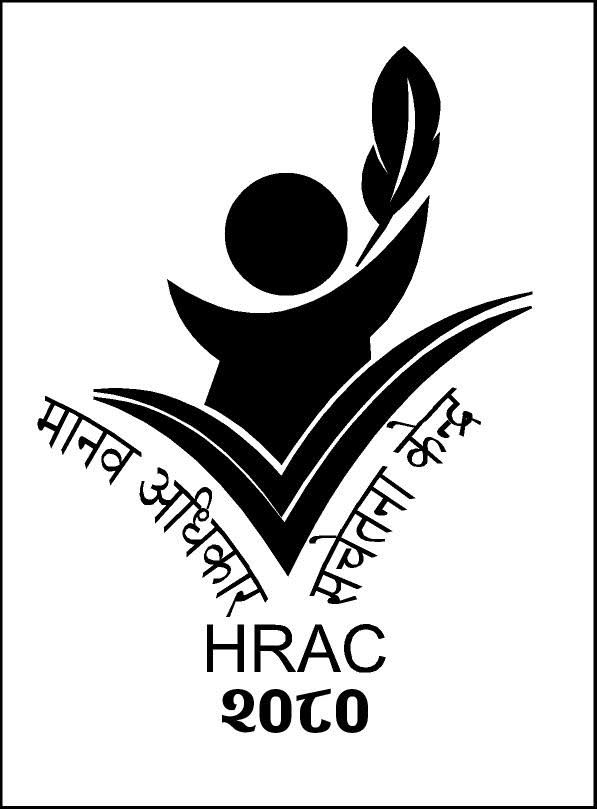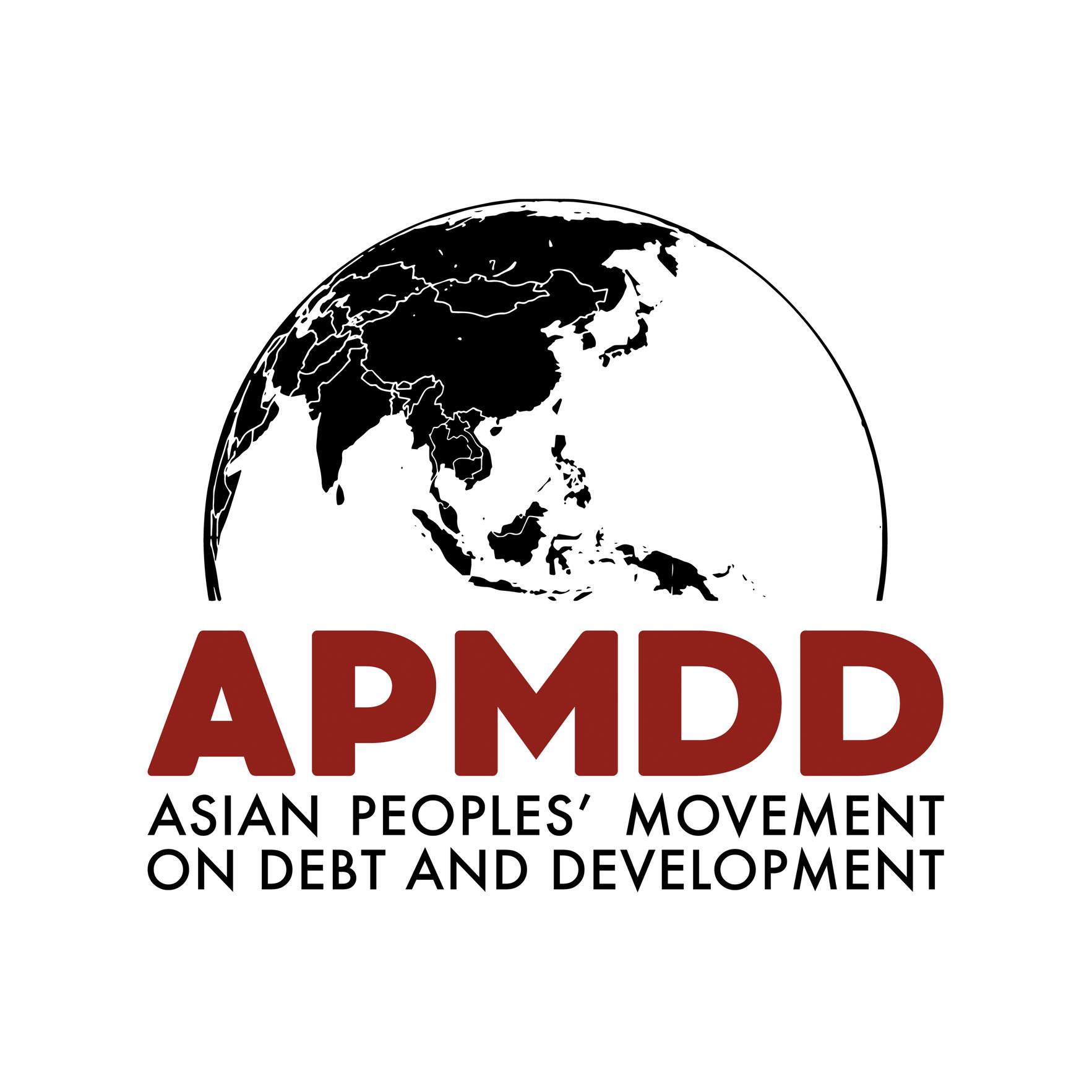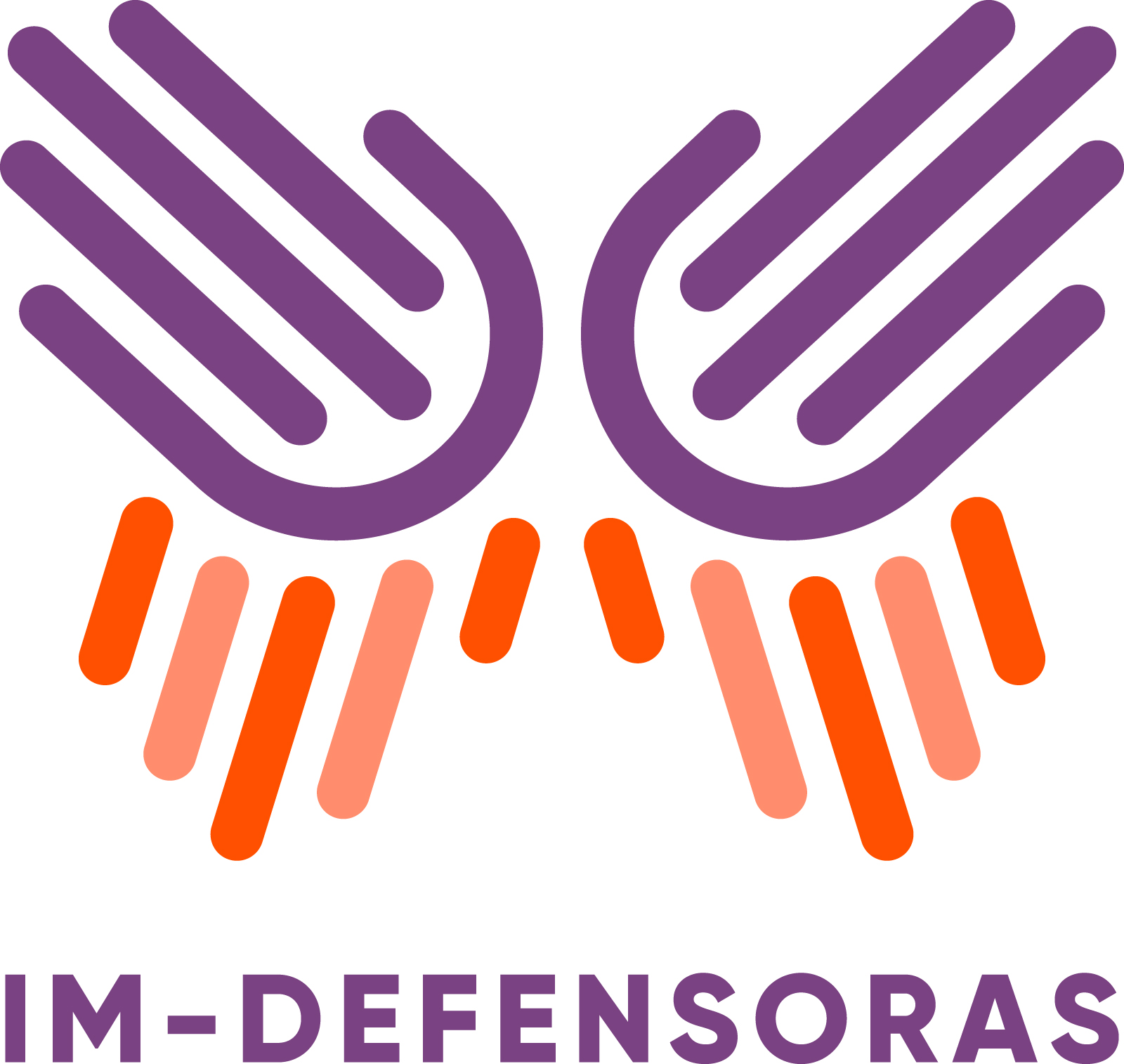IM-Defensoras is a local-to-regional coalition of diverse women human rights defenders (WHRDs), organizations, networks and social movements. We currently bring together approximately 2,800 WHRDs and 300 organizations from Mesoamerica (El Salvador, Honduras, Mexico and Nicaragua).
Our work contributes to building a strong social fabric that acknowledges WHRDs’ contributions and needs, providing them with access to gender-sensitive and timely holistic protection and empowerment resources, as well as tools to combat gender-based and other forms of violence connected to their rights defense work. We strive for Mesoamerican WHRDs to sustain their work in defense of human rights, peace, and justice in conditions of security, well-being, leadership, and autonomy by applying Feminist Holistic Protection (FHP) strategies.


